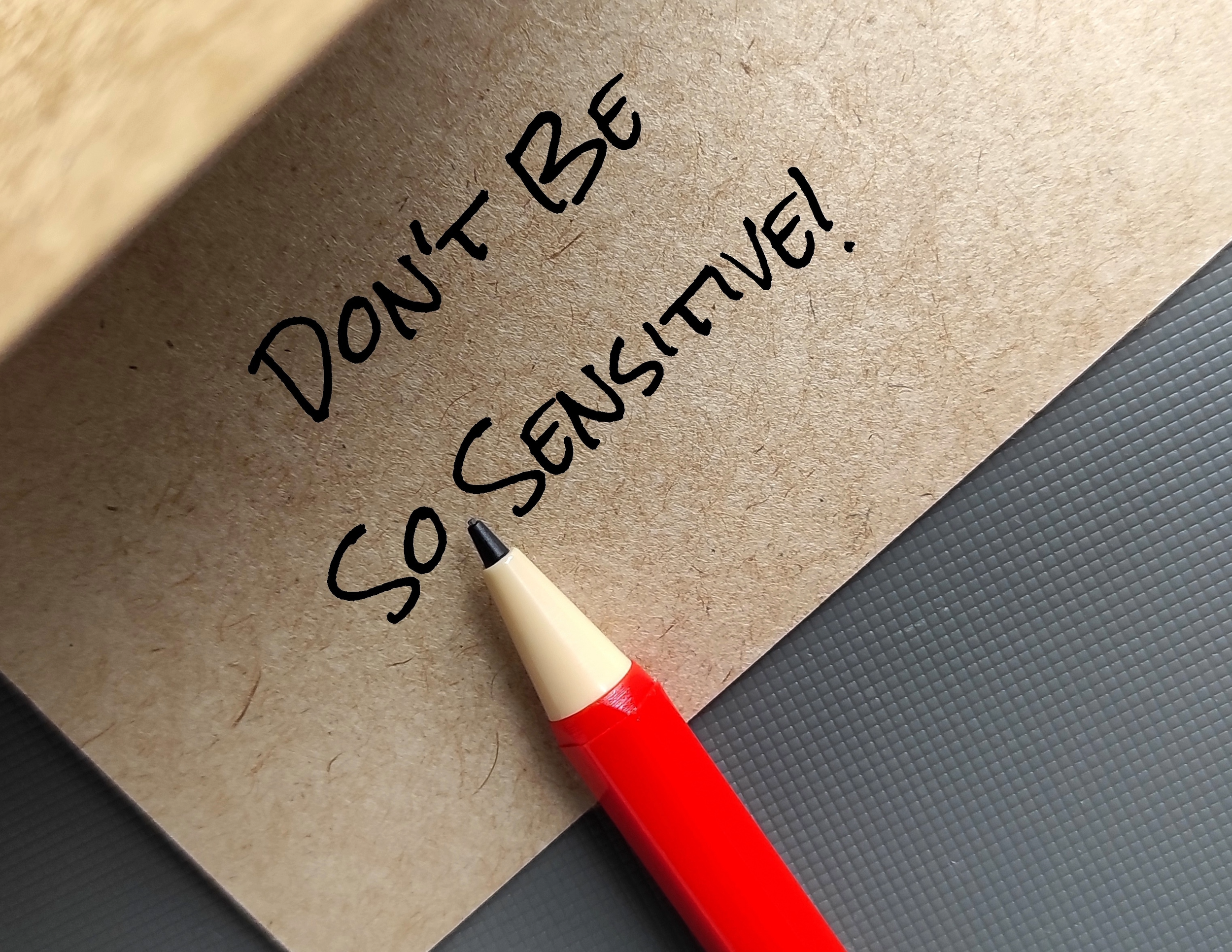Understanding Toxic Relationships: Identifying, Healing, and Moving Forward
Navigating relationships is a fundamental aspect of human experience, but not all relationships are healthy or nurturing. Toxic relationships can have a profound impact on our mental well-being, self-esteem, and overall happiness. In this blog post, we will delve into the psychology of toxic relationships, explore how to identify them, and discuss strategies for releasing yourself from their harmful grip.
The Psychology of Toxic Relationships:
Toxic relationships are characterized by patterns of behaviour that are emotionally damaging, manipulative, and draining. These relationships can take various forms, including romantic partnerships, friendships, family dynamics, or professional connections. At the core of a toxic relationship lies imbalance, lack of respect, and emotional abuse.
Signs of a Toxic Relationship:
Lack of Respect: In a toxic relationship, there is a noticeable absence of mutual respect. One party may consistently undermine, belittle, or dismiss the feelings and boundaries of the other.
Manipulation and Control: Toxic individuals often employ manipulative tactics to control the other person. This can manifest as gaslighting, guilt-tripping, or using threats to maintain power dynamics.
Constant Criticism: Criticism in healthy relationships can be constructive, but in toxic relationships, it becomes relentless, destructive, and aimed at eroding self-esteem.
Emotional Drain: Being in a toxic relationship can leave you feeling emotionally drained, anxious, and constantly on edge. The relationship becomes a source of stress rather than support.
Isolation: Toxic individuals may attempt to isolate their partner or friend from other relationships and support networks, creating a sense of dependency.
Breaking Free from Toxic Relationships:
Self-Reflection: Start by reflecting on the relationship dynamics and acknowledging the impact it has on your mental health and well-being. Recognize that you deserve to be treated with respect and kindness.
Set Boundaries: Establish clear boundaries within the relationship and communicate them assertively. Boundaries are essential for protecting your emotional space and maintaining self-respect.
Seek Support: Reach out to trusted friends, family members, or a therapist for support and guidance. Having a strong support system can empower you to make necessary changes.
Practice Self-Care: Engage in activities that nourish your soul and boost your self-esteem. Self-care plays a crucial role in rebuilding your sense of self-worth after a toxic relationship.
Letting Go: Understand that letting go of a toxic relationship is a process that takes time. Practice forgiveness, both for yourself and the other person, and focus on your personal growth and healing.
Moving Forward:
Releasing yourself from a toxic relationship is a courageous act of self-love and self-preservation. It opens up space for healthier, more fulfilling connections in your life. Remember that healing from the wounds of a toxic relationship is a journey, but one that leads to greater self-awareness, resilience, and inner peace.
Conclusion:
Identifying and releasing yourself from toxic relationships is a vital step towards reclaiming your emotional well-being and sense of self-worth. By understanding the psychology behind toxic relationships, setting boundaries, seeking support, and practicing self-care, you can embark on a journey of healing and growth. Remember, you deserve relationships that uplift, support, and nurture you. Take the first step towards a healthier future today.
Please remember that seeking professional help from a qualified and registered/licensed therapist or counselor is highly recommended if you are dealing with the complexities of toxic relationships such as trauma and PTSD. There are professional and ethical limitations when working with complex PTSD. As a highly qualified coach, I can work with trauma, but not on trauma. Working with me as a coach would be extremely beneficial, once you have had the therapy you need.
As a certified health and wellbeing coach with a postgraduate certificate in psychology, I can help you move forward from toxic relationships, rediscover your self-identity, and rebuild your confidence and self-esteem.

